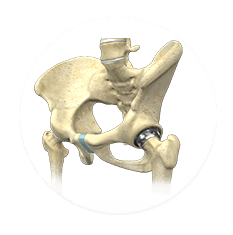Regenerative Medicine
Regenerative medicine is a field of therapy that harnesses the regenerative properties of certain cells in your own body to help heal diseased or damaged tissues and organs. It uses the body’s tissue components to replace lost tissue, accelerate healing and recovery, and provide pain relief.
Regenerative medicine focuses on 3 areas:
- Rejuvenation. This involves the body's natural ability to heal itself.
- Replacement. Replacement involves using healthy cells or tissues to replace damaged cells.
- Regeneration. Regeneration involves delivering specific types of cells or cell products to diseased tissues to restore tissue function.
All three of these processes can be enhanced cell-based therapy such as: platelet-rich plasma (PRP) or stem cells.
Regenerative medicine is useful in the treatment of bone, cartilage, tendon, muscle, nerve and soft tissue injuries that were previously thought to be irreparable.
Stem cell therapy and platelet-rich plasma are examples of regenerative medicine.
Some functions of stem cells and platelet-rich plasma include:
- Differentiate into tissue specific cells (i.e. cartilage cells or bone cells) (stem cells)
- Encourage tissue regeneration
- Decrease inflammation
- Produce growth factors to enhance the process of healing




